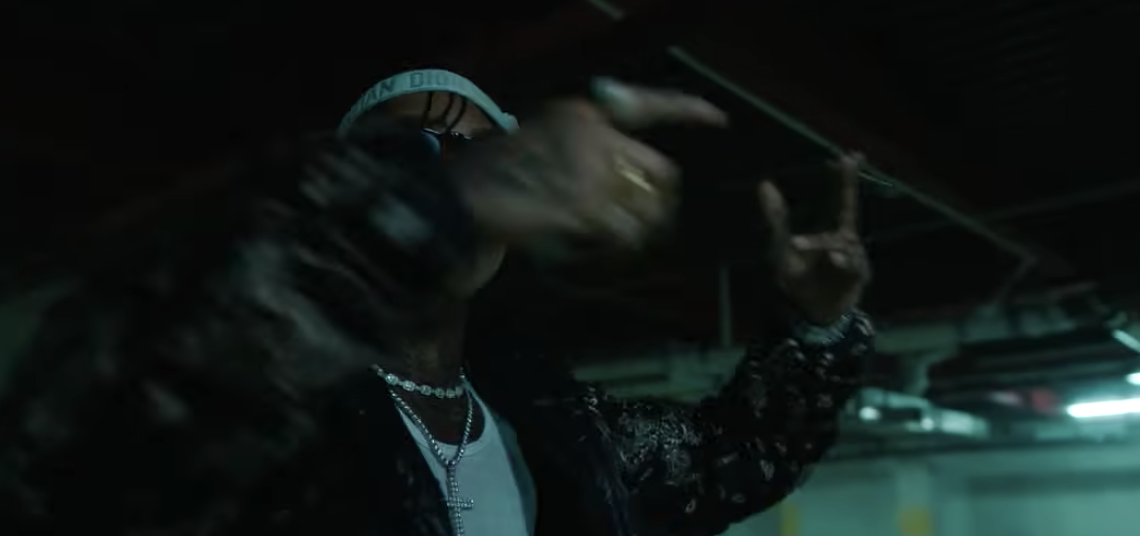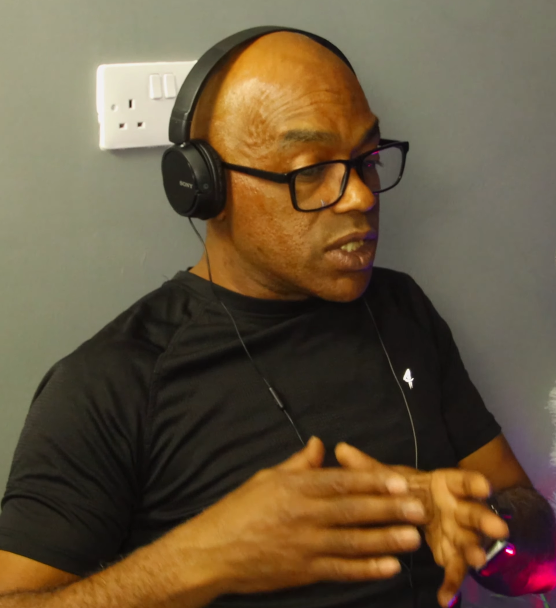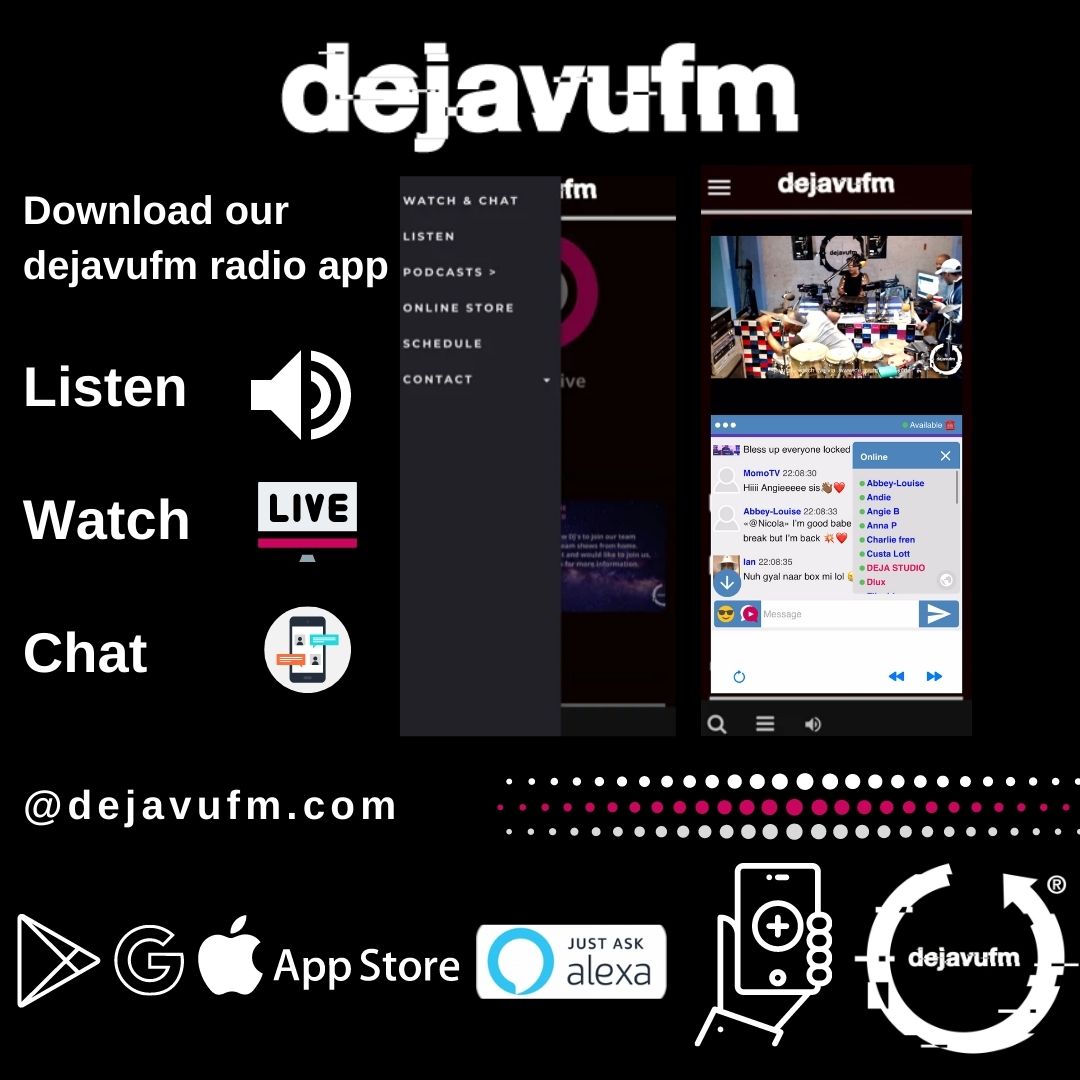The music industry has a rich history of struggling with censorship and the battles artists have faced have been plenty. Global acceptance for your music is probably never going to be a reality, but many artists find themselves the target of public scrutiny and condemnation. It’s up to each music fan to be mindful of the limitations of censorship, and the constant struggle between free and open speech and the power of celebrity artists to influence the culture of the world.
One of the most recent scandals in the music industry has been the lyrics in Robin Thicke’s “Blurred Lines.” While Thicke argues the song is meant to be light hearted and comical, many people have accused the song of promoting “rape culture” and demanded anything from apologies to full bans of the song. Even in the U.K. the song was banned by over 20 student unions, according to The Guardian.
This is definitely not the first time artists have been attacked for their tracks, as the same article mentions. Ice-T replaced his song “Cop Killer” with another named “Freedom of Speech” following protests, and music entered pop culture in 1985 when Al Gore’s daughter was caught listening to Prince’s “Darling Nikki,” which prompted her mother to push for warning stickers to be placed on album covers. If you didn’t guess the trend by now, urban music tends to be the target of censorship debates in the music industry.
Censorship doesn’t just stop at public complaints and warning stickers, either. We can just take a look at the casino world for this one. Casinos are some of the biggest sources of entertainment around the world and gambling is one of the biggest businesses. Texas Hold ‘em poker, especially, has grown hugely in popularity over the past decade and many celebrities love to play. As BetFair poker explains, it is the “Cadillac of Poker.” It should come as no surprise that many musicians attend casinos, and they are known for throwing parties for artists and having them perform concerts for the guests.
However, in recent years casinos have targeted urban music for censorship, and the Nevada gaming regulators issued warnings to casinos in Las Vegas that they are responsible for anything that happens in their hotels. This is important because they can lose their gambling license for anything as vague as not upholding the reputation of Nevada and Las Vegas. The statement of the regulators is effectively telling casinos to cease signing urban music artists for appearances, and it’s no surprise that when a party was thrown for Lil’ Wayne a few years later and he failed to show up, he was promptly banned from ever visiting the casino again.
While casinos are a fairly specific portion of the world, censorship is only growing in scope in recent years. Many artists who do not get signed by mainstream labels rely on the internet to get their music out, and sharing tracks online has become a staple of the urban music industry, specifically. However, the free internet has recently come under attack by “net neutrality” bills that will, effectively, allow internet service providers the opportunity to filter which sites they allow their users access to. This fight is still ongoing as noted by Forbes and very recent. If the freedom of the internet is given up, the music industry could face some dark times.
After the flak artists like Prince, Ice-T and Robin Thicke have suffered for their work, it is entirely possible that ISPs simply choose to throttle the connection of people attempting to access their tracks. The music industry could effectively be forced to cater to the whims of the ISPs, much like casinos have to cater to the gaming regulators. Where will the line get drawn? Will it simply be songs about sex, drugs, and violence that get “banned,” or will it come to include all urban music in general? Given the struggle with censorship that the industry has faced in the past, this could be one of the biggest issues for budding artists in the coming years.
Of course, all hope is not lost, and the fight against censorship continues every day. Even if the worst comes to pass and the urban music market gets throttled, perhaps artists will take Ice-T’s advice and simply rename themselves something more politically charged. Nothing wrong with being a fan of “freedom” music, right?








